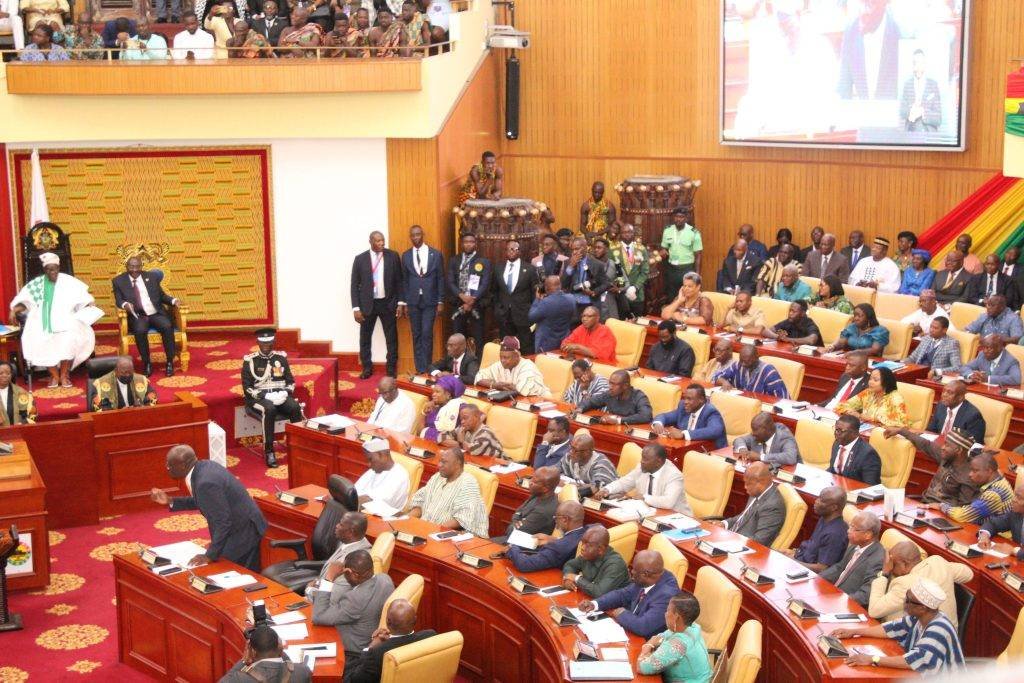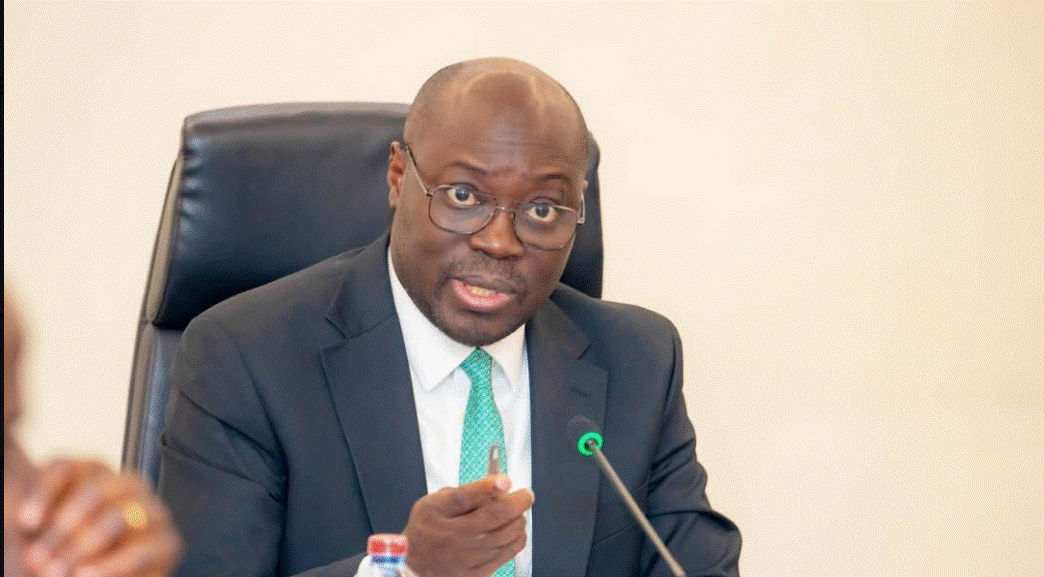
The Member of Parliament for Bolga Central, Mr Isaac Adongo, has disagreed with assertions from the Ministry of Finance that its recent sale of some US$2.25 billion bonds was to help restructure the country’s debt.
Rather than helping extend the tenor of the country’s bonds, Mr Adongo said the government needed the money to help fund its consumption budget, which has been burdened by lofty campaign promises.
As a result, he asked the government, through the ministry, to stop hiding behind the guise of re-profiling the country’s debt to engage in reckless borrowing that could have dire consequences for the economy in the long run.
“I am aware that only a small fraction of the additional buffers (proceeds of the new bond issues) is going into the sinking fund and the fund is regulated by law such that you cannot use it for government expenditure except to pay for debts,” he told the GRAPHIC BUSINESS in the week ending April 7.
“A greater part of the loans is, however, going into the reserve account, which will be used to finance government expenditure,” he stated.
No risk of default
Mr Adongo said the current government inherited an economy with a sinking fund that had already paid off US$ 510 million of the country’s maiden Eurobond, due to mature this year.
With a close to US$300 million still in the account, compared to the US$200 million of the bond that is outstanding, the MP said the country could shave off some US$ 100 million for a buy-back of 2013 bond.
As a result, he asked: “So where is the pressure.”
The legislator noted that the risk of default was very minimal on the government, especially as there were also a number of institutions that had on lending loans from government and had established escrow accounts into which funds were being pumped to repay some of the loans.
He, therefore, did not understand why the government would re-profile the country’s debts when there were no risks of default.
“They are not telling us the truth. What this government is basically doing is to say that we are not interested in paying any loans and not interested in amortising any loans. So, any loan that matures, we will push it 15 years back so for the next 15 years we are not going to pay any debts,” he noted.
“They are bent on doing whatever possible to create the fiscal space, and this is reckless and unsustainable,” he added.
Unreasonable interest
Mr Adongo also pointed out that the 19.5 per cent and 21.5 interests that government would pay on the loans were unreasonable because the economy had started showing signs of growth.
He said the short to medium term outlook for the country was very bright as all major economic indicators pointed to progressive performances.
“Inflation is on a downward trajectory and expected to fall further and achieve even a single digit figure by next year.”
“We have seen the policy rate also revised downwards and even projected to reach below 17.5 per cent by next year and in two years we could be having a policy rate that is actually going towards a single digit and the cedi has also sufficiently stabilised,” he pointed out.
“These are the pressures that will inform the interest rates and give government the power to properly negotiate an interest rate on a loan.”
“So for an economy that is moving towards a much lower interest rate, why will government lock us in on an interest rate of 19.5 per cent?” he questioned.
“Does this signal that government does not have the confidence that the Ghanaian economy is on a path to a much a stronger growth and much lower interest rates?” he asked.
The Member of Parliament for Bolga Central, Mr Isaac Adongo, has disagreed with assertions from the Ministry of Finance that its recent sale of some US$2.25 billion bonds was to help restructure the country’s debt.
Rather than helping extend the tenor of the country’s bonds, Mr Adongo said the government needed the money to help fund its consumption budget, which has been burdened by lofty campaign promises.
Read Full Story























Facebook
Twitter
Pinterest
Instagram
Google+
YouTube
LinkedIn
RSS